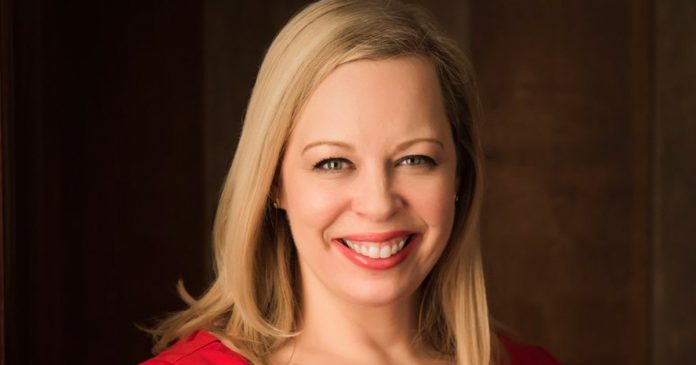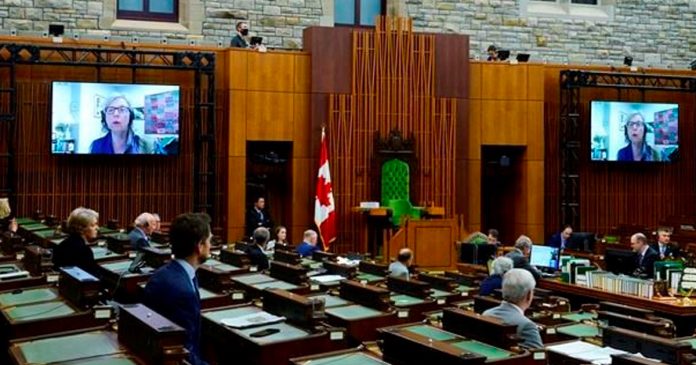People’s Party of Canada (PPC) Leader Maxime Bernier claims to have spoken to one unnamed Conservative MP about joining the PPC as the official opposition faces a rift over Erin O’Toole’s leadership.
In an interview with True North, Bernier said that he had reached out to the MP, whom he would not name, after learning of the MP’s dissatisfaction with the state of the Conservatives.
“Yes I reached one member of parliament about that, knowing that that person is disappointed,” Bernier told True North.
“To that member of parliament, I said ‘if you’re not happy there and you’re not able to speak your mind then come with us. You would be free to speak. You know our policies and I know that you agree with our policies so our doors are open.’ And the answer to that was ‘I’m not ready right now’ so we will see what will happen.”
The rift over O’Toole’s leadership escalated this week after Conservative Senator Denise Batters announced a petition to request a referendum on holding an early leadership review. Critics of the referendum have accused Batters of stoking division and airing the party’s dirty laundry.
Bernier says he would be willing to speak to any other of his former CPC colleagues after parliament returns on November 22, 2021, which is also the date when MPs will be required to be vaccinated if they hope to sit in the House of Commons.
“Conservative MPs that have decided to not have the two shots, if they go public about it they won’t be able to sit, they won’t be able to travel to Ottawa. That could be the beginning of something,” said Bernier.
“But I will tell you that on the 22nd of November, if I know more people that are not happy with the leadership and the direction of that party I’ll reach out to them for sure.”
Bernier himself recently announced that a PPC leadership review is currently underway over his performance in the 2021 federal election. PPC members can currently vote on the matter until December 3, 2021. O’Toole has not committed to a review until 2023.
“I don’t believe that changing the leader will solve their problems. The majority of (the party establishment’s) members are more like the Liberals,” said Bernier.
That’s why I said that this party is intellectually and morally corrupt. They are doing politics based on polling and we are living in a socialist era right now and their only goal is to be in government so that’s why they’re going to go to the left with Erin O’Toole or without Erin O’Toole.”



























